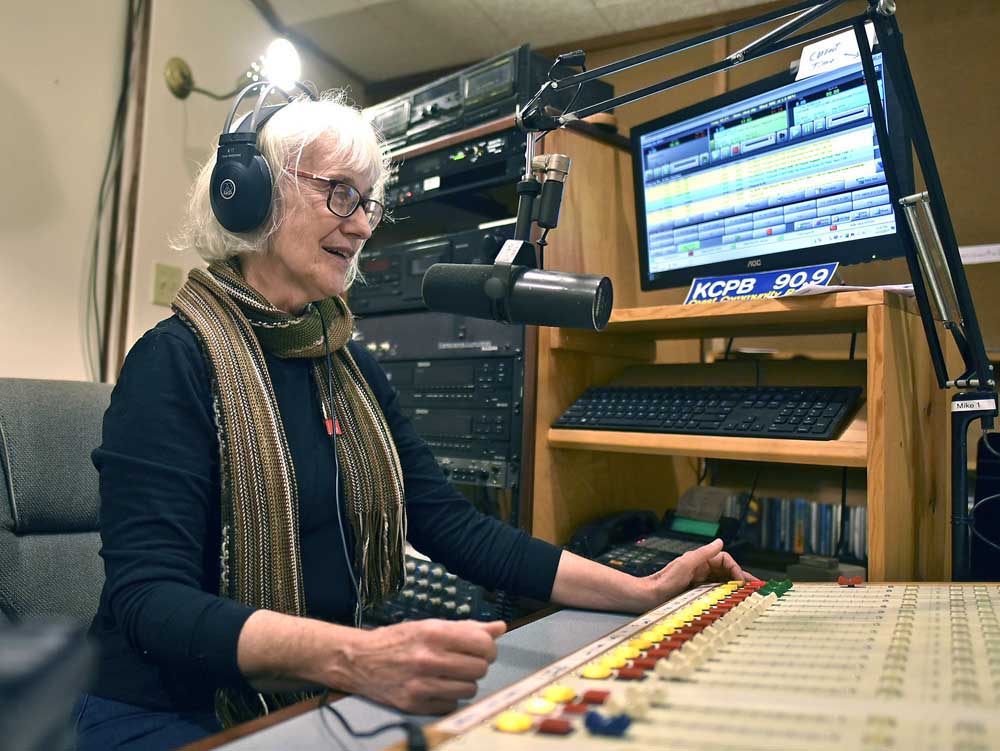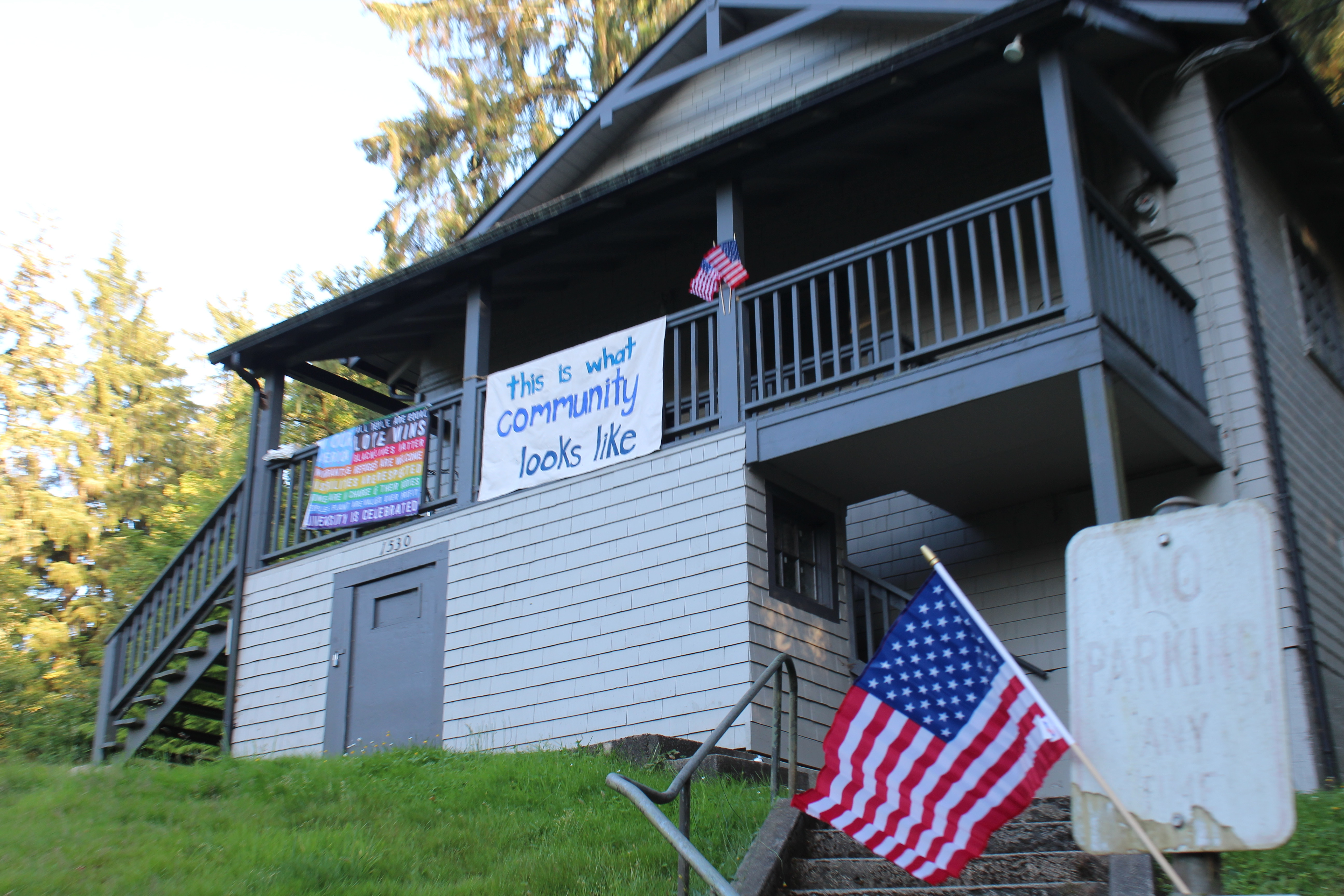Jewell pot lab causes a ruckus
Published 5:18 am Monday, March 6, 2017

- The Trump administration has changed the federal government's approach to marijuana.
The battle over a proposed marijuana laboratory less than half a mile from Jewell School reached Clatsop County Hearings Officer Dan Olsen Friday.
Trending
The school district, which appealed the project last month, argued the site is not physically or socially suitable for a marijuana business, while Marc Plew, from Happy Valley, argued he has followed the letter of the law.
“My intent is to build a professional, retail/wholesale CO2 botanical processing laboratory,” Plew told Olsen.
Last year, Plew purchased slightly more than 1 acre at the southeastern intersection of Oregon highways 202 and 103, the site of a former tavern long-since closed and torn down. Plew said the commercial zoning, highway access and quiet, rural setting attracted him to the site.
Trending
During a January meeting, Jewell School Board members roundly criticized Plew’s proposed development, without realizing he was sitting in front of them. After surprising the board members, Plew provided an explanation of his project, albeit with little support.
Referencing a Daily Astorian article on the meeting Friday, Plew said he has found the school board’s comments offensive and bordering on discrimination, considering he is trying to bring jobs and tax revenue to the area. He repeated that there are many other marijuana operations around Jewell School, and that the district has staff, students and families involved in the industry.
Jewell School representatives have opposed the proposed plant’s close proximity to the K-12 schoolhouse and a nearby flood plain.
Joseph Voboril, an attorney for the school district on its appeal, admitted Plew’s site is more than 1,000 feet from the school property, but that there are two bus stops within 150 and 850 feet of his property, respectively, for a school in which 95 percent of students take the bus.
Superintendent Alice Hunsaker said the retail portion of Plew’s operation could distract students and cause congestion on the roadways around the school. In addition, she said, the site is at least 30 minutes from emergency and medical services.
“I’m unwilling to have our students’, faculty’s and families’ safety compromised if an accident were to happen at the marijuana facility,” Hunsaker said. “Further, our students will receive constant visual messaging about marijuana while on our buses.”
Echoing Hunsaker’s sentiments, School Board Chairman Brian Meier also argued that any potential runoff from Plew’s operation would enter Fishhawk, and eventually Beneke, creeks, potentially affecting the district’s nearby water supply.
Voboril and the district argued Plew’s application doesn’t provide enough detail on how his operation can be made suitable, and how he’ll safely provide for sewage on the site without impacting the school district’s water source.
Voboril said the southern third of the site is in a mapped floodway off Fishhawk Creek, and is further restrained by environmental setbacks. “The staff report acknowledges that there might not be an adequate amount of unrestricted land upon which Mr. Plew can build his proposed building and the necessary parking areas.”
County Land Use Planner Bart Catching said staff found that the site could handle a building larger than the 1,600-square-foot building Plew has proposed.
“If the uses are allowed in the zone, and we make good-faith findings that the applicable criteria are met, then we would be getting into a different discussion about illegally limiting a legal use of property that meets the zone,” he said.
Catching said the site will likely face more in-depth scrutiny over flood plain and other issues beyond a conditional land use appeal.
Plew’s proposal has uncovered sharp divisions in Jewell regarding marijuana and its place in the community.
Karl Meier, a self-described fourth-generation farmer in the valley who owns property near Plew’s, said it’s crazy that the project has gone this far. He said the land has been vacant so long because it’s not a fit place to put anything more than trees.
“To put this kind of facility within 300 feet of a family residence is unacceptable,” he said. “I hope you heard that; it’s unacceptable.”
Joe Anderson, who’s lived in Jewell the past decade, owns property next to Plew’s project, Anderson was recently named the first state-approved commercial grow site in the county for recreational retailers. He said there has been discrimination against the cannabis industry, even though it’s bringing jobs and tax revenue.
“No laws are being broken,” Anderson said. “If anything, we’re going aboveboard to prevent kids from having any access to cannabis. That’s what this is all about. You know, the real dangerous substances that these kids have close to them is alcohol, probably prescription drugs in every one of these people’s medicine cabinets.”









